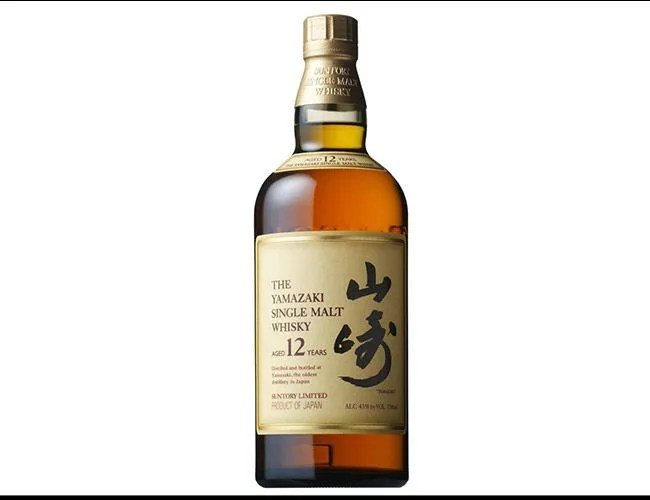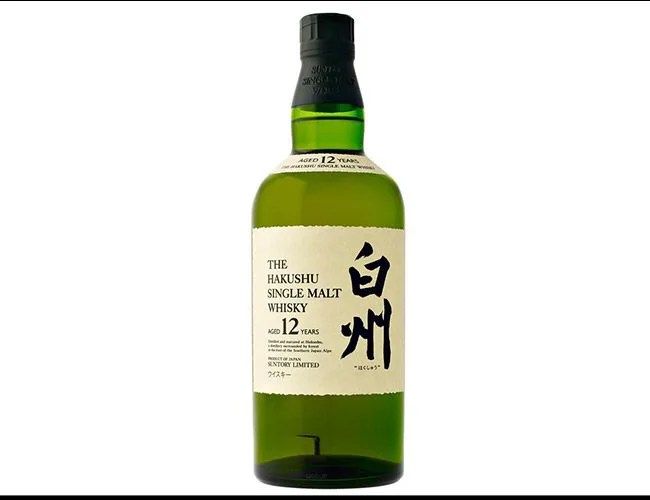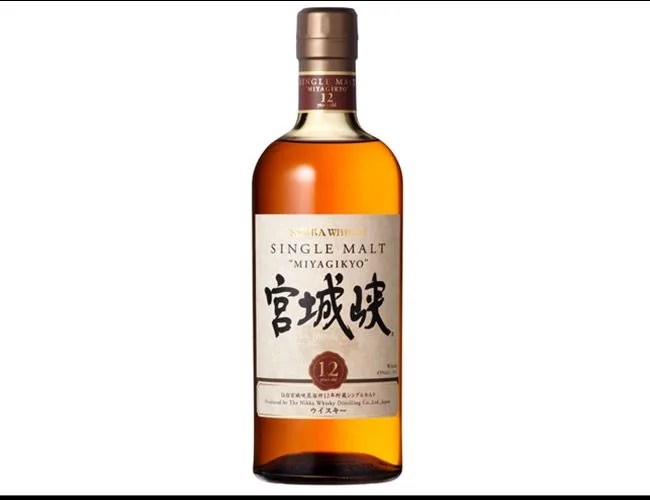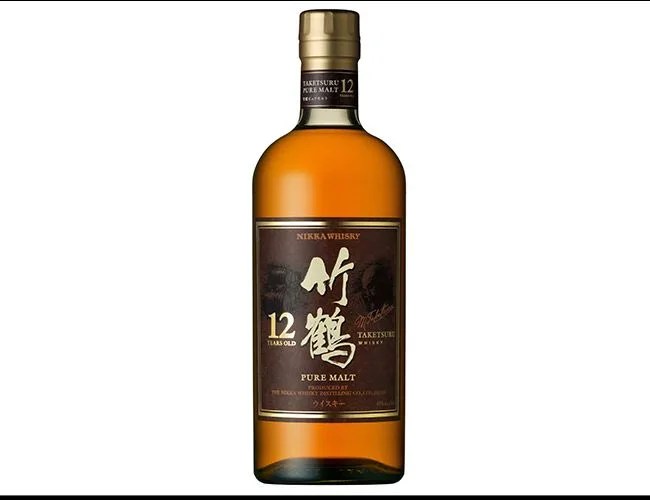Last week hummus and yoga were “in”, and while they’re not out yet, there’s a new top dog in Popularville: Japanese Whisky. Notice the spelling — that’s whisky with a -y, like Scotch whisky, not whiskey with an -ey, the spelling used for U.S. and Irish varietals. The spelling harkens to Japanese whisky’s humble beginnings, which revolve around the Narcissus and Goldmund-like stories of two men.
The first, Shinjiro Torii, was a pharmaceutical wholesaler who dreamed of making a distinctly Japanese whisky for the Japanese people. The second, Masataka Taketsuru, was an organic chemistry summer student at the University of Glasgow who learned the craft of whisky-making under the roofs of several Scottish distilleries. When Taketsuru returned to Japan in the early 1920s, Torri hired him. Together, they produced Yamazaki, Japan’s first whisky, which was modeled after the Scottish single malt industry’s practice of distilling and blending under one roof. The Japanese whisky industry was born — and it’s since taken on a life of its own (for example, unlike Scottish distilleries, which often sell off their excess whisky stocks to blenders, Japanese distillers pride themselves on keeping their excess stocks for their own use).
Today, Suntory (née Kotobukiya), Yamazaki’s parent company, leaves Taketsuru’s role in the birth of Japanese whisky off their website — in 1934, Taketsuru parted with Torii to found his own distillery, Dainippokaju, which later became Nikka, Suntory’s chief competitor. Together, the two distilleries supply most of the global demand for Japanese whisky, a demand that, until recently, was fairly negligible. However, as a result of several recent victories over Scottish whiskies at blind tasting competitions, Japan’s best-kept secret escaped, and the world is eager to test the hype.
Well, we did the grunt work for you, tasting five of Japan’s finest 12-year-old whiskies: Yamazaki, Hakushu, Nikka Taketsuru, Nikka Miyagikyo and Hibiki. Drink them how you like them, but note that the Japanese typically add a dash (or a lot) of water. Follow along as we profile each one below.
Suntory Yamazaki





